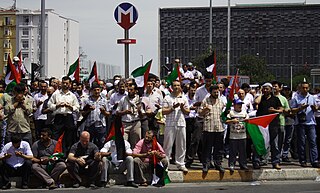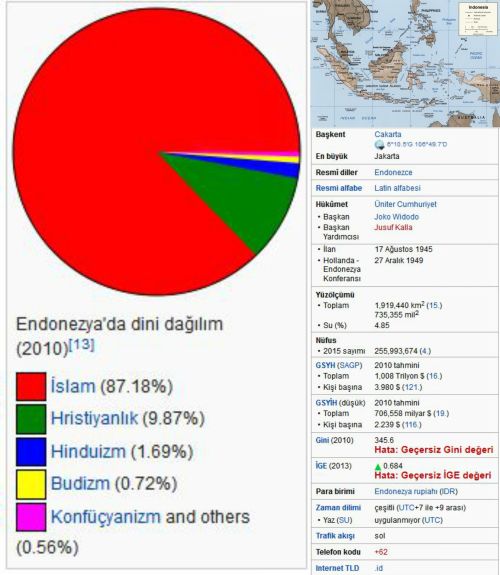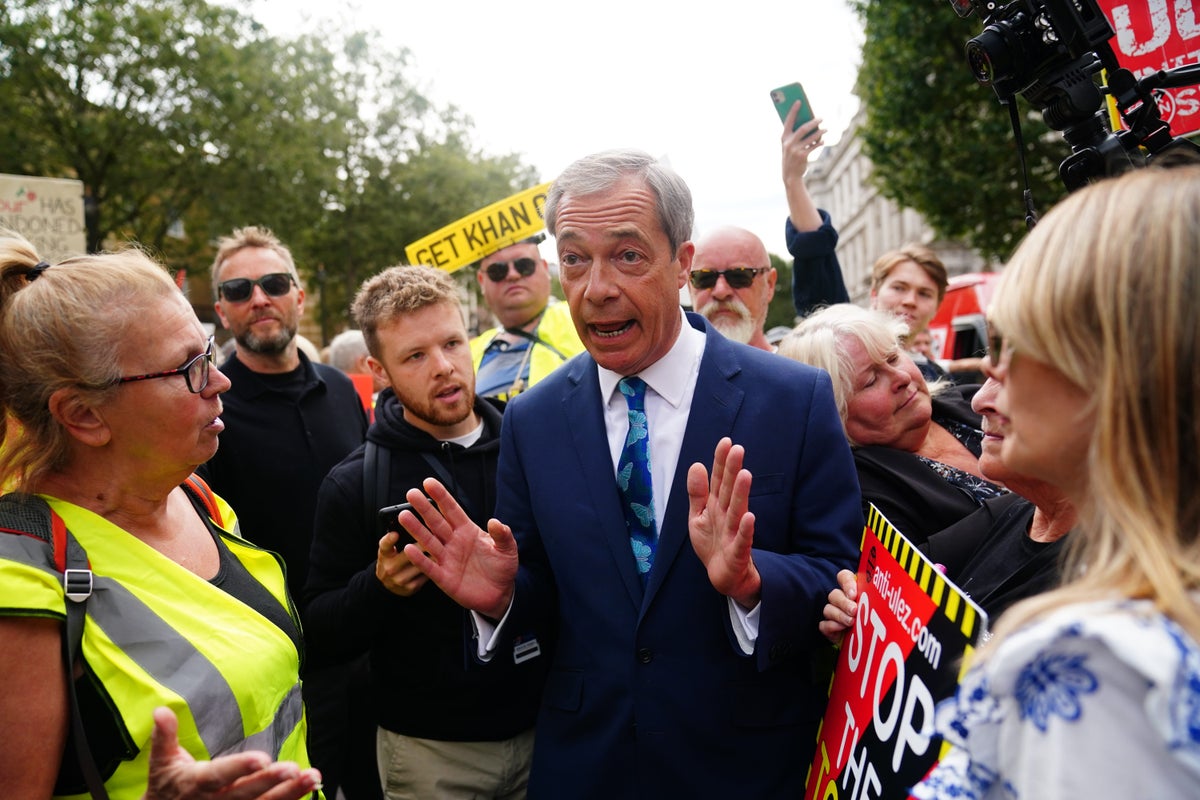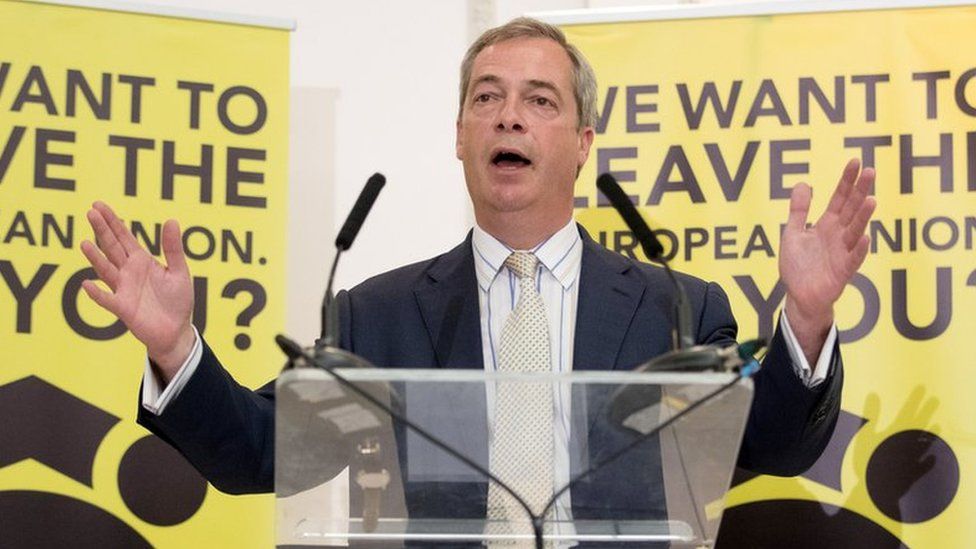Gaza Flotilla Attacked: Analysis From Arab Media Outlets

Table of Contents
Framing of the Event: Israeli Aggression vs. Humanitarian Aid
Depiction of Israeli Actions
Arab media overwhelmingly characterized the Israeli military response as an act of aggression. The use of excessive force against unarmed civilians was a central theme, consistently highlighted across various outlets. Many sources depicted the attack as a violation of international law and a blatant disregard for human rights. Israeli motives were frequently questioned, with many outlets portraying the action as an attempt to maintain the crippling Gaza blockade rather than a legitimate security operation.
- Use of Excessive Force: Numerous reports detailed the disproportionate use of force, including live ammunition against civilians who posed no imminent threat. Al Jazeera, for instance, showed extensive footage of the raid and interviewed survivors who recounted harrowing experiences.
- Violation of International Law: Arab media widely condemned the attack as a violation of international humanitarian law and maritime law, citing the targeting of civilian vessels carrying humanitarian aid as a clear breach of these norms.
- Targeting of Civilians: The high number of civilian casualties, including the death of nine activists on board the Mavi Marmara, was heavily emphasized. News outlets highlighted the lack of warning before the raid and the brutality of the Israeli forces.
- Portrayal of Israeli Motives: Arab media outlets largely dismissed Israel's stated security concerns, arguing that the true motive was to maintain the blockade and prevent much-needed humanitarian supplies from reaching Gaza.
The Humanitarian Aspect
The humanitarian crisis in Gaza was a central component of the narrative presented by Arab media. The flotilla was framed not simply as a protest, but as a humanitarian mission aiming to alleviate the suffering of Gazans under the blockade. The dire conditions resulting from the blockade, including shortages of food, medicine, and building materials, were consistently highlighted to underscore the urgency of the aid effort.
- Focus on Humanitarian Aid: Arab news outlets emphasized the nature of the cargo aboard the ships, showcasing images and reports on the food, medical supplies, and building materials intended for the civilian population in Gaza.
- Highlighting the Blockade's Impact: Statistics on malnutrition rates, infant mortality, and access to clean water in Gaza were frequently cited to illustrate the severity of the situation and the blockade's devastating impact on the civilian population.
- Civilian Casualties: The deaths of civilians during the raid were portrayed as a direct result of the blockade and Israel’s actions, further emphasizing the humanitarian urgency and condemning Israel's actions.
Narrative Construction and Public Opinion
Impact on Arab Public Opinion
The widespread coverage in Arab media significantly fueled anti-Israel sentiment across the Arab world. The depiction of the raid as a brutal attack against civilians resonated deeply with audiences, leading to widespread condemnation and calls for action.
- Increased Anti-Israel Sentiment: The event solidified existing anti-Israel sentiments and galvanized public opinion against Israel's policies in Gaza.
- Calls for Boycotts: The attack spurred calls for boycotts of Israeli goods and increased support for the Palestinian cause.
- Protests and Solidarity Movements: Mass protests erupted across the Arab world in solidarity with the victims of the raid, highlighting the profound impact of the media's portrayal of the event.
Differing Perspectives within Arab Media
While a unified condemnation of the attack was prevalent, subtle variations in coverage existed across different Arab news sources. These variations often reflected differing political leanings and the level of government influence on individual media outlets.
- Differences in Tone: Some outlets adopted a more restrained tone, focusing on factual reporting, while others employed more emotive language to express outrage and condemnation.
- Emphasis on Specific Aspects: Certain outlets highlighted specific aspects of the event more prominently than others, such as the use of excessive force or the humanitarian implications of the blockade.
- Potential Government Influence: The degree of government influence on media outlets likely affected the framing of the event and the level of criticism directed at Israel.
Long-Term Consequences and International Reactions
International Condemnation
Arab media extensively covered the international response to the Gaza Flotilla attack, emphasizing instances of condemnation and calls for accountability.
- UN Resolutions: The resolutions passed by the UN Human Rights Council condemning the Israeli actions were prominently featured in Arab media.
- Statements from International Organizations: Statements from organizations such as Amnesty International and Human Rights Watch criticizing Israel's actions were also highlighted.
- Reactions from Other Governments: Reactions from various governments around the world, ranging from condemnation to muted responses, were reported to provide a broader international perspective.
Impact on the Gaza Blockade
Arab media consistently linked the Gaza Flotilla attack to the ongoing suffering in Gaza and the implications for the long-term blockade.
- Continued Suffering: The event reinforced the narrative of the blockade's devastating impact on the civilian population, highlighting continued hardships and humanitarian needs.
- Ongoing Humanitarian Crisis: Reports consistently stressed the lack of progress in alleviating the humanitarian crisis in Gaza, connecting it directly to the Israeli blockade and actions like the flotilla raid.
- Political Ramifications: Arab media analyzed the long-term political ramifications of the attack, focusing on the impact on the peace process and regional stability.
Conclusion
Analysis of Arab media coverage of the Gaza Flotilla attack reveals a consistent narrative framing the incident as an act of Israeli aggression against unarmed civilians attempting to deliver humanitarian aid to Gaza. This portrayal significantly impacted public opinion, intensifying anti-Israel sentiment and fueling solidarity movements across the Arab world. While a general condemnation prevailed, variations in tone and emphasis reflected differing political influences within the Arab media landscape. Understanding the diverse perspectives surrounding the Gaza Flotilla attack is crucial. Further research into Arab media archives and analysis of the Gaza Flotilla attack will provide a deeper understanding of the complexities of this significant event. Continue your exploration of this critical moment in history by researching further into the impact of the Gaza Flotilla attack and its lasting consequences.

Featured Posts
-
 Tuerkiye Ve Endonezya Arasinda Yeni Bir Doenem Ortak Anlasmalarin Detaylari
May 03, 2025
Tuerkiye Ve Endonezya Arasinda Yeni Bir Doenem Ortak Anlasmalarin Detaylari
May 03, 2025 -
 How Nigel Farage Is Shaping Reform Uks Influence
May 03, 2025
How Nigel Farage Is Shaping Reform Uks Influence
May 03, 2025 -
 Lotto Jackpot Numbers Saturday April 12th Winning Results
May 03, 2025
Lotto Jackpot Numbers Saturday April 12th Winning Results
May 03, 2025 -
 Shrove Tuesday Origins Customs And Why We Celebrate Pancake Day
May 03, 2025
Shrove Tuesday Origins Customs And Why We Celebrate Pancake Day
May 03, 2025 -
 Investigation Launched After Afghan Migrant Threatens To Kill Nigel Farage
May 03, 2025
Investigation Launched After Afghan Migrant Threatens To Kill Nigel Farage
May 03, 2025
